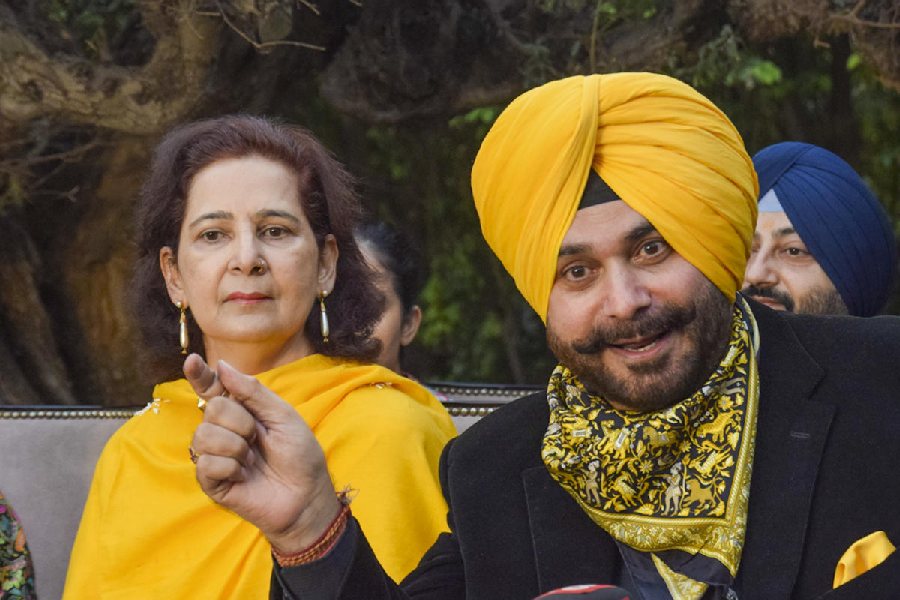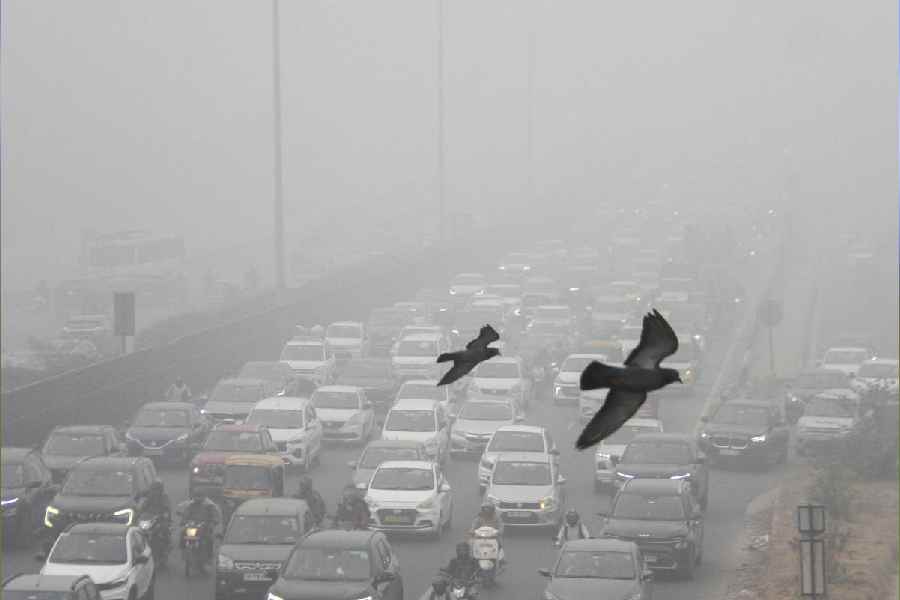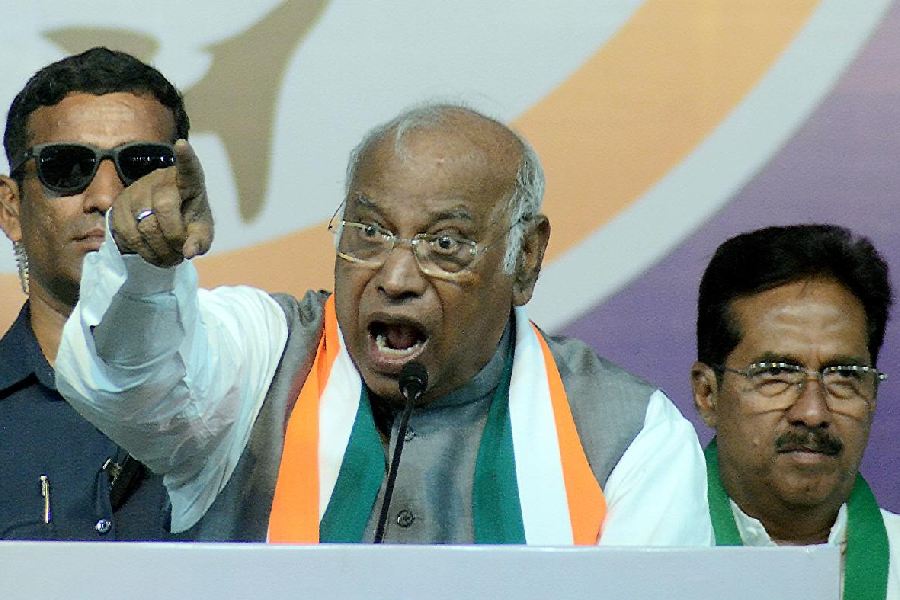A polity tainted by blood is unacceptable. Two judgments by the Supreme Court seem to suggest that the onus of cleansing Indian politics of the scourge of crime is, unfortunately, the judiciary’s alone. In a scathing judgment, a bench of the apex court held most political parties guilty of contempt because of their refusal to honour rules that mandate the publication of the criminal antecedents of electoral candidates. Nine outfits have been fined for violating an earlier order that makes it compulsory to notify the Election Commission of relevant information about candidates. The highest court’s commitment to the principle of separation of powers is equally heartening. There is, the Supreme Court observed, ground for further intervention but for the moment the learned judges have relied on the strategy of disseminating information — the EC has been directed to create a dedicated mobile application — about pending criminal cases against public representatives so that voters can make an informed choice. The Supreme Court’s energy to cleanse politics must be contrasted with the inertia of elected governments. In a rap on their knuckles, another bench of the Supreme Court ordered state governments not to withdraw pending criminal cases against parliamentarians, members of legislatures and legislative councils without the express approval of high courts. Uttar Pradesh, Karnataka, Uttarakhand — the BJP is in power in these — and Maharashtra have already moved to dismiss such cases without the necessary judicial approval.
The brazenness of state governments can be attributed to the endorsement of crime, a malaise that has gone unresisted by the people and politicians. This complicity is borne out by data — the court took cognizance of some figures — that indicate a surge in the percentage of winning candidates with tainted antecedents. Nearly half of the members of the 17th Lok Sabha, it was estimated two years ago, had declared criminal cases against them. The responsibility of punishing crime in electoral politics is collective. The court has shown the way; citizens and governments must now respond.











